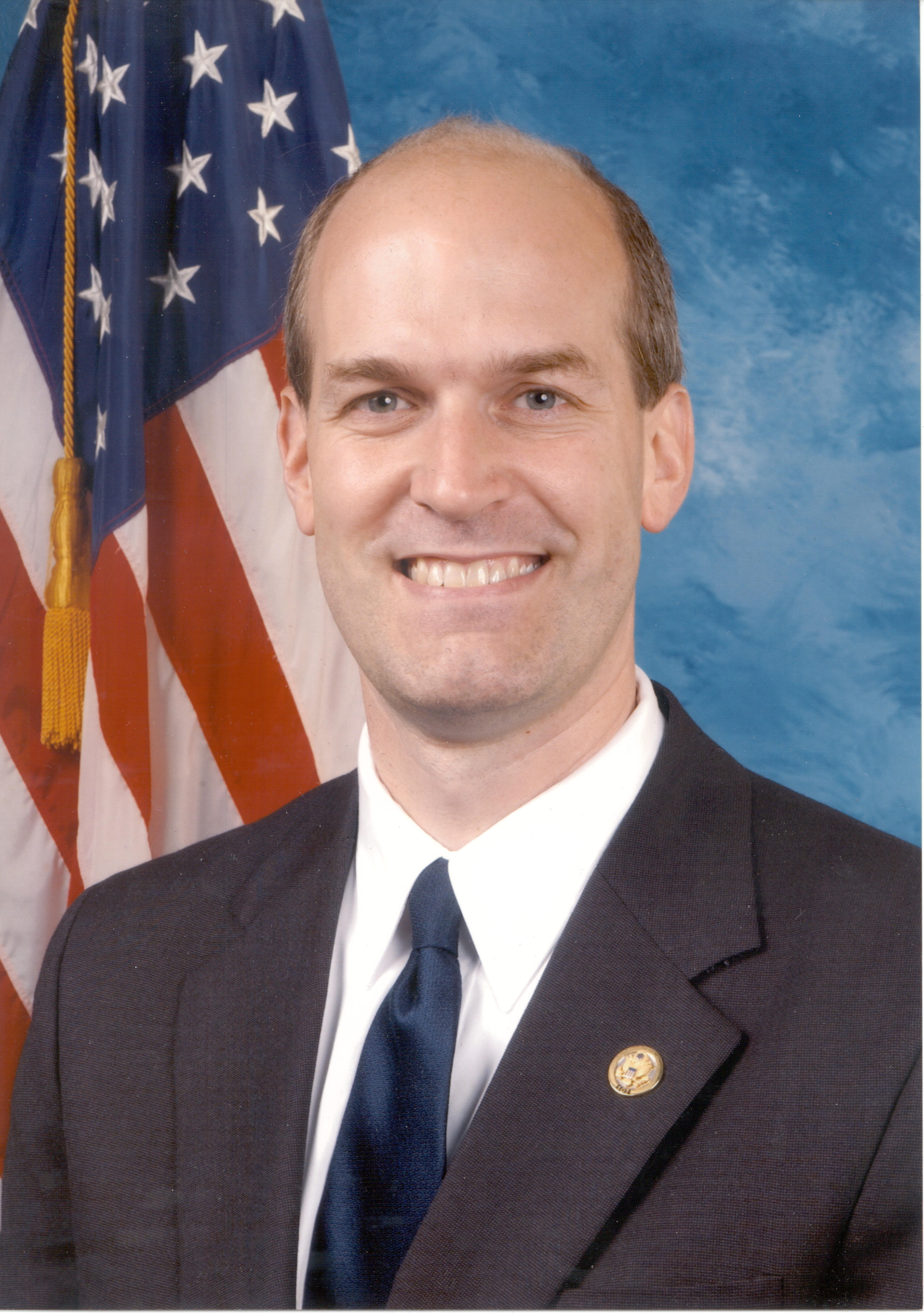Too often, the public is unaware of what our elected officials are doing. Whether it's a lack of time, interest, or trust, Americans just don't usually know politicians do on a day to day basis. It's unfortunate, because when this happens, it's left up to the professionals (lobbyists) to tell politicians what is happening in the real world, rather than real people. I saw it all the time when I worked for a state senator in Olympia and it's the reason I came to work for the National MS Society - real people and their experiences aren't connected to their elected officials and they should be.
So this past few weeks, the Society has been taking real people to meet with the offices of our state leaders and it's been exciting to see what happens. First, in Spokane, MS Activist and small business owner Mike Burns met with Rep. Cathy McMorris Rodgers to present her with the Society's Representative of the Year award. He's pictured below, with Nicole Nida, the services manager with the Inland Northwest Chapter of the Society, on the right of Rep. McMorris Rodgers.

Rep. McMorris Rodgers has been a longtime disability advocate in Congress, serving as the lead sponsor of the Lifespan Respite Act (an important measure to support family caregivers) and co-chair of the Neurosciences Caucus. Mike shared his story of living with MS and the impact of public policy on his life. He currently gets his health care through WSHIP, a health insurance program for people with pre-existing conditions that will be made obsolete when the Affordable Care Act comes into full effect in 2014. While the fate of WSHIP is now in the hands of state legislators in Olympia, it's important for members of Congress to know what's happening with health care in the state and Mike is just the guy to spread that message.
At the same, other MS Activists met with the staff of Senator Maria Cantwell in Seattle to reiterate the need for more research funding so we can stop the progression of MS, restore function, and end MS forever. Three activists and a neurologist talked about the huge diversity within the MS community and the need for treatment options for people with progressive MS (and better and cheaper treatment options for those with relapsing-remitting). Senator Cantwell has also been a champion for the MS community - attending our events in the past and advocating loudly for more research into the causes of MS and other chronic diseases. But it's always important to keep visiting your friends and reminding them that we can't let up the fight!
These two stories are just a few of the activities that MS Activists have been up to recently, but they aren't the only ones. What have you been doing to raise awareness of MS with your elected officials?



